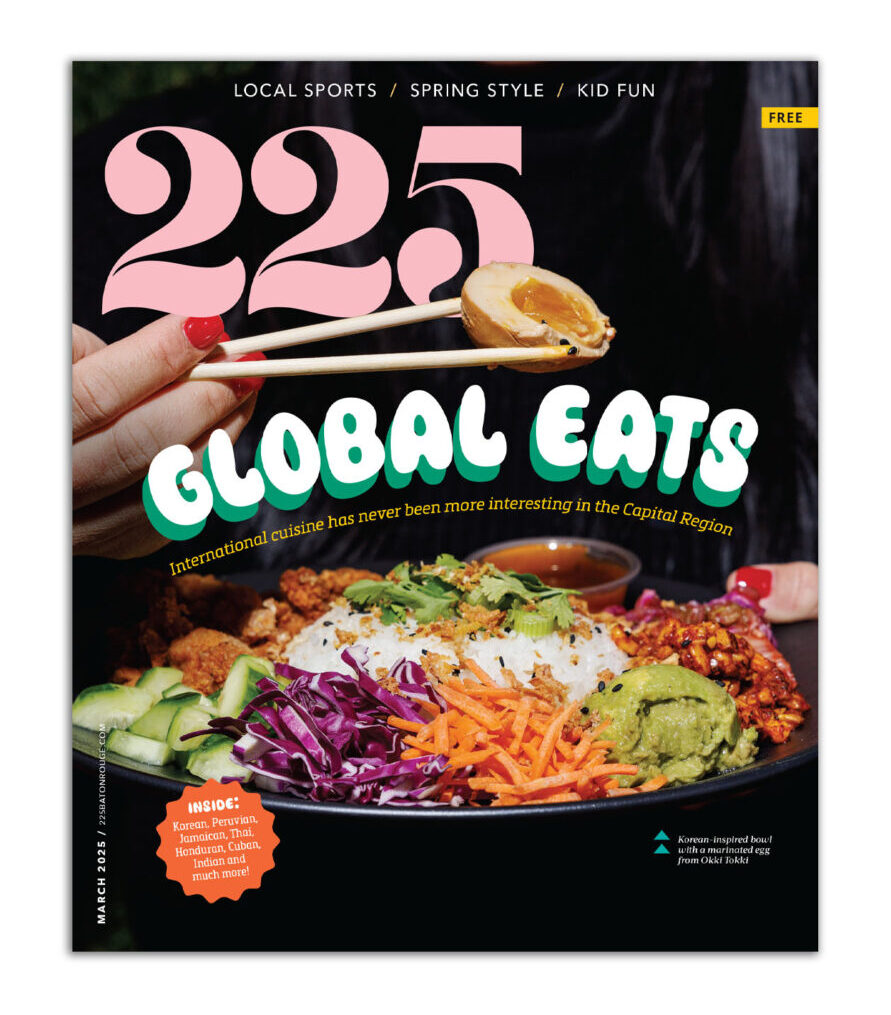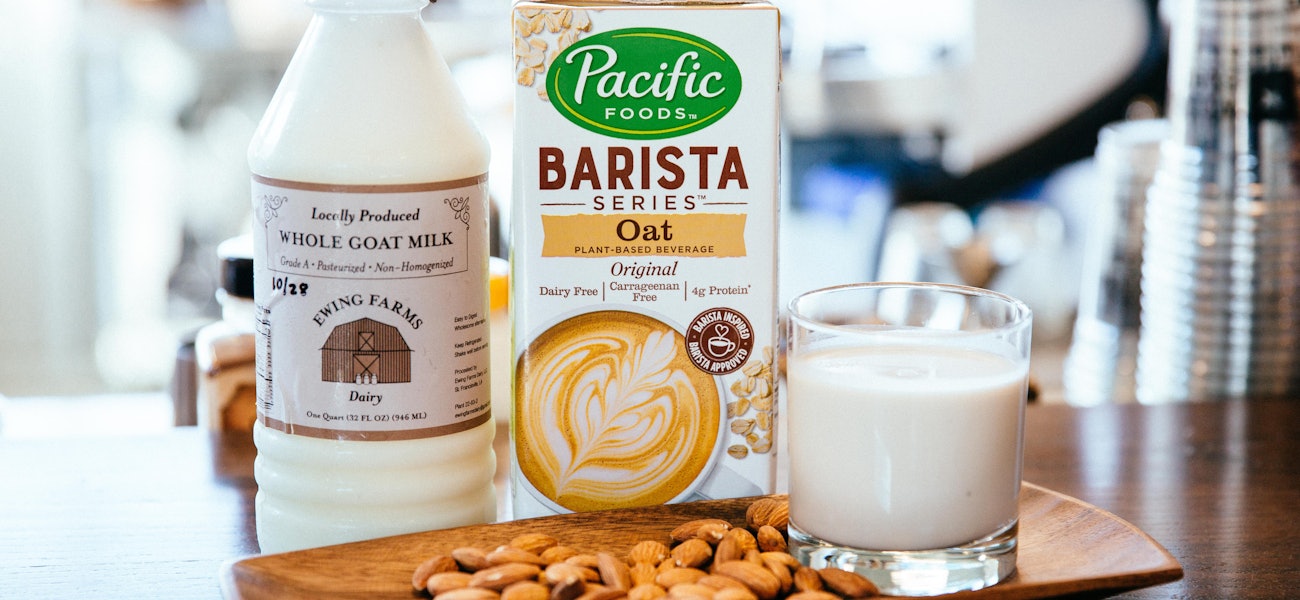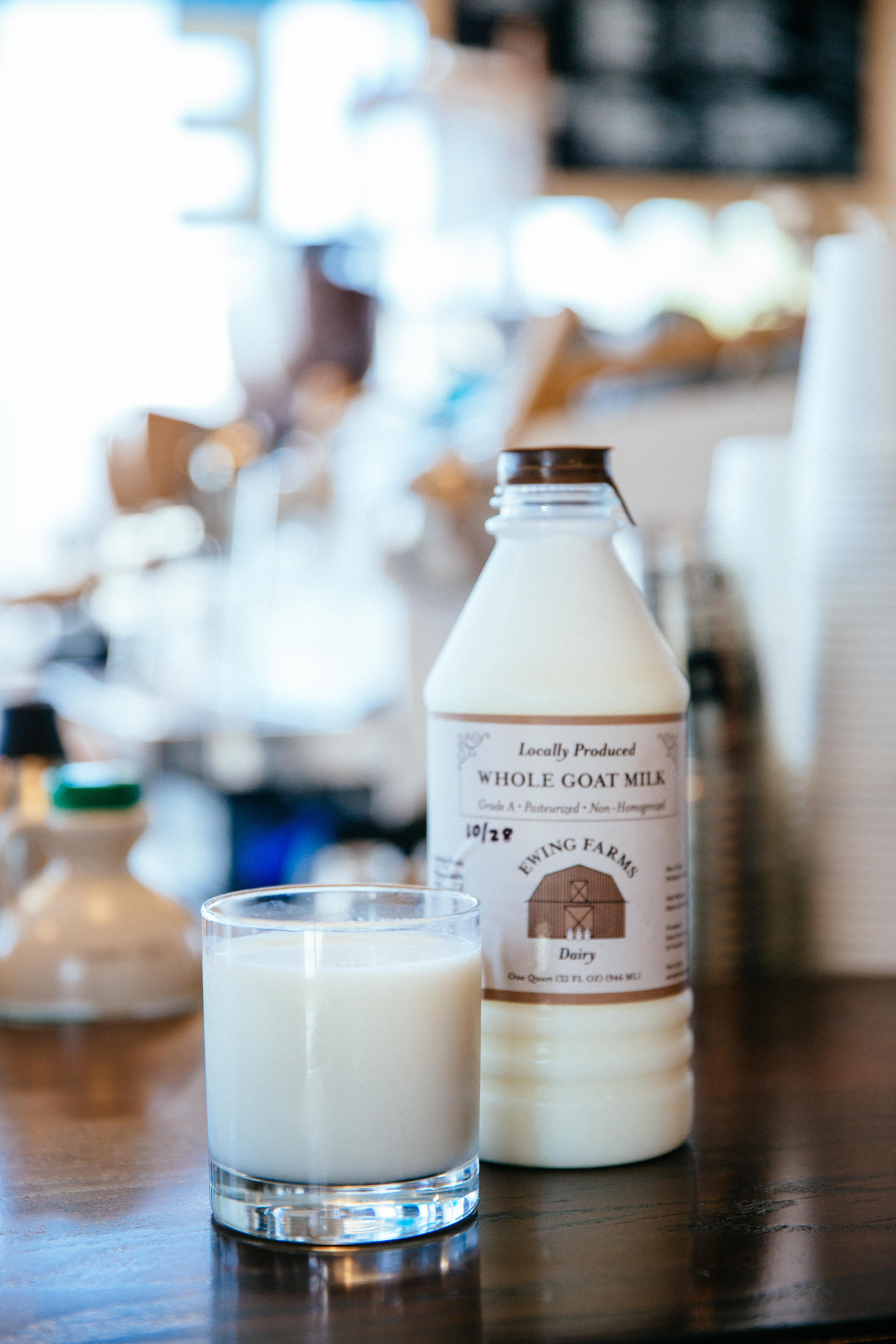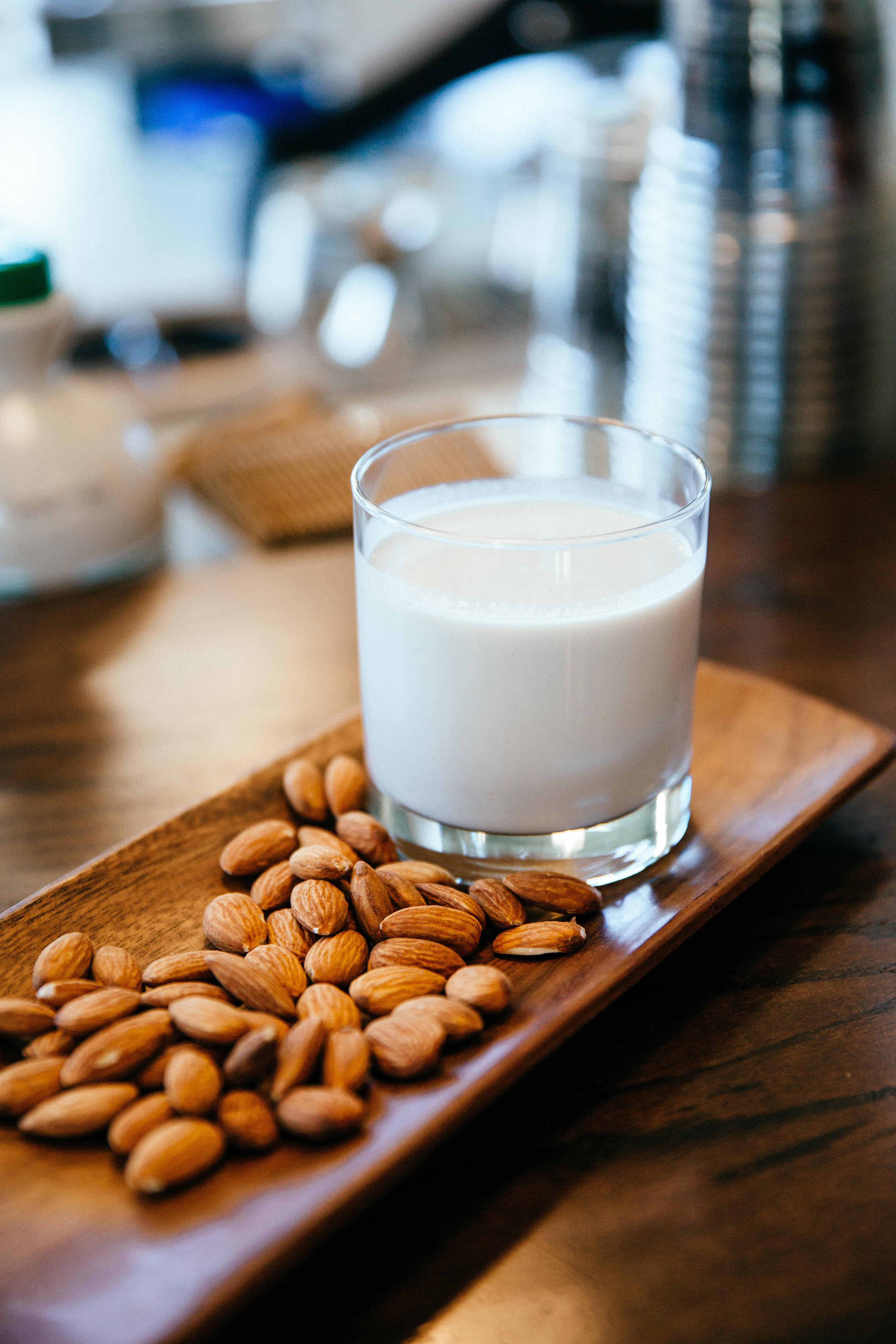In elementary school, I remember being indecisive about what milk to choose during lunch. “Do I grab the skim milk, 1%, 2% or whole?” I wondered. “And what’s the difference?”
If only I knew then how many milk options I’d have to choose from in 2018. Today, grocery shelves are lined with everything from goat’s milk to rice milk. Many people have switched to non-dairy milk due to allergies, intolerances, health risks or personal beliefs. But there are others who just enjoy the taste of these other options.
Locally, cafés and coffee shops like Reve Coffee Lab at White Star Market offer cow’s milk alternatives to cater to their different customers.
|
|
|
“As the vegan movement rises, people are becoming more aware of the issues around milk,” assistant manager Liz Courville says. “Not just the health issues but the way dairy is farmed. Even if you don’t feel the difference yourself, you know you’re doing better by drinking it.”
Reve Coffee Lab serves almond, oat and goat’s milk. Almond milk is the most popular, Courville says. It’s made in-house every morning with almonds, cashews, hemp seed and vanilla. While most order the almond milk mixed with a coffee or espresso drink, some customers just order the almond milk itself.
A primer on milk alternatives
Almond: Has less fat and carbs than cow’s milk. It is rich in vitamins and minerals like Vitamin E, which promotes healthy skin and eyes. It is often sweetened and has a nutty flavor. It mixes well with cold drinks, hot coffee and tea.
Cashew: Rich, creamy and nutty milk low in sugar, carbs and calories.
Coconut: Sweet milk made of water and coconut flesh. It has significantly less fat, calories and carbs than cow’s milk. Mixes well in iced drinks.
Goat: Has more calcium and vitamins and less lactose than regular cow’s milk. It has a creamy consistency and is a great option for those looking for a milk alternative with a lower percentage of lactose.
Hemp: Naturally sweet and nutty with thinner consistency. Low in calories and carbs.
Macadamia: Rich and nutty milk made of mostly water. Low in calories and carbs.
Oat: Has less protein than cow’s milk, but more protein than most plant-based milks like coconut, almond and cashew. It also has more fiber than cow’s milk and other plant-based milks. It is usually unsweetened but has a naturally sweet oat taste. It steams well in hot drinks and pairs well with iced drinks.
Pea: Creamy, plant-based milk alternative good for people with nut allergies. Served sweetened and unsweetened.
Quinoa: Slightly sweet and nutty milk rich in protein with less fat than cow’s milk.
Rice: A naturally sweet, watery milk that contains more carbs than the other plant-based milks. Good for people with lactose intolerance and nut allergies.
Soy: Creamy, neutral-flavored milk that contains vitamins A, B12 and D. It has almost as much protein as cow’s milk.
Where to find milk alternatives in Baton Rouge
|
|
|







